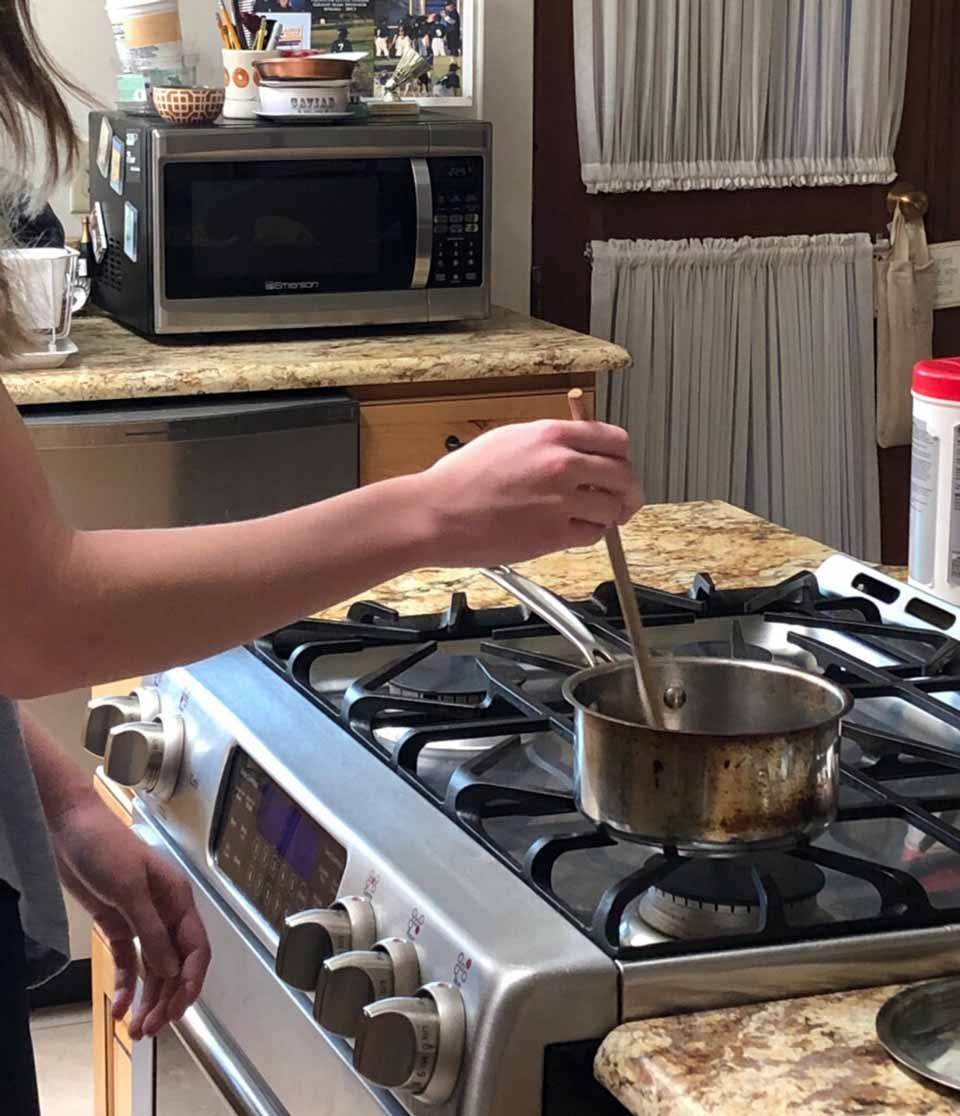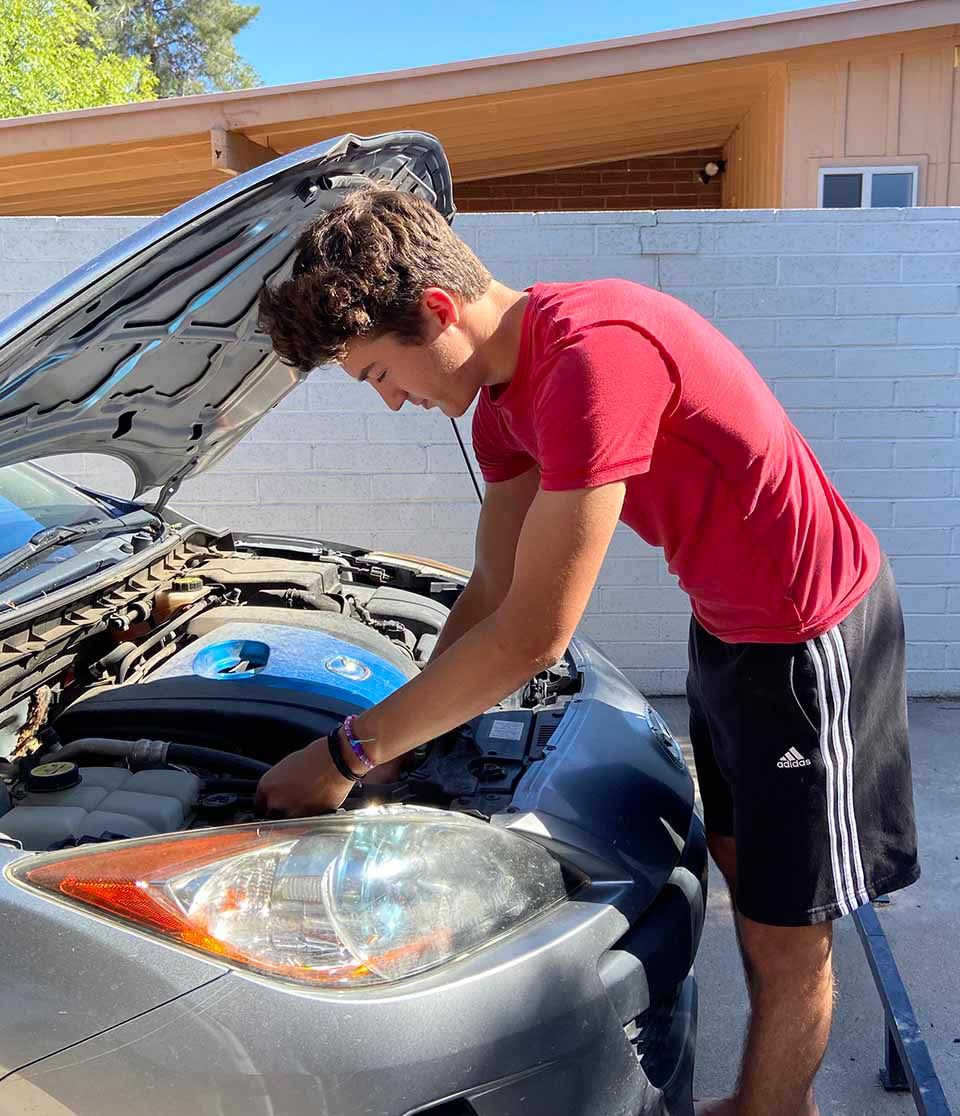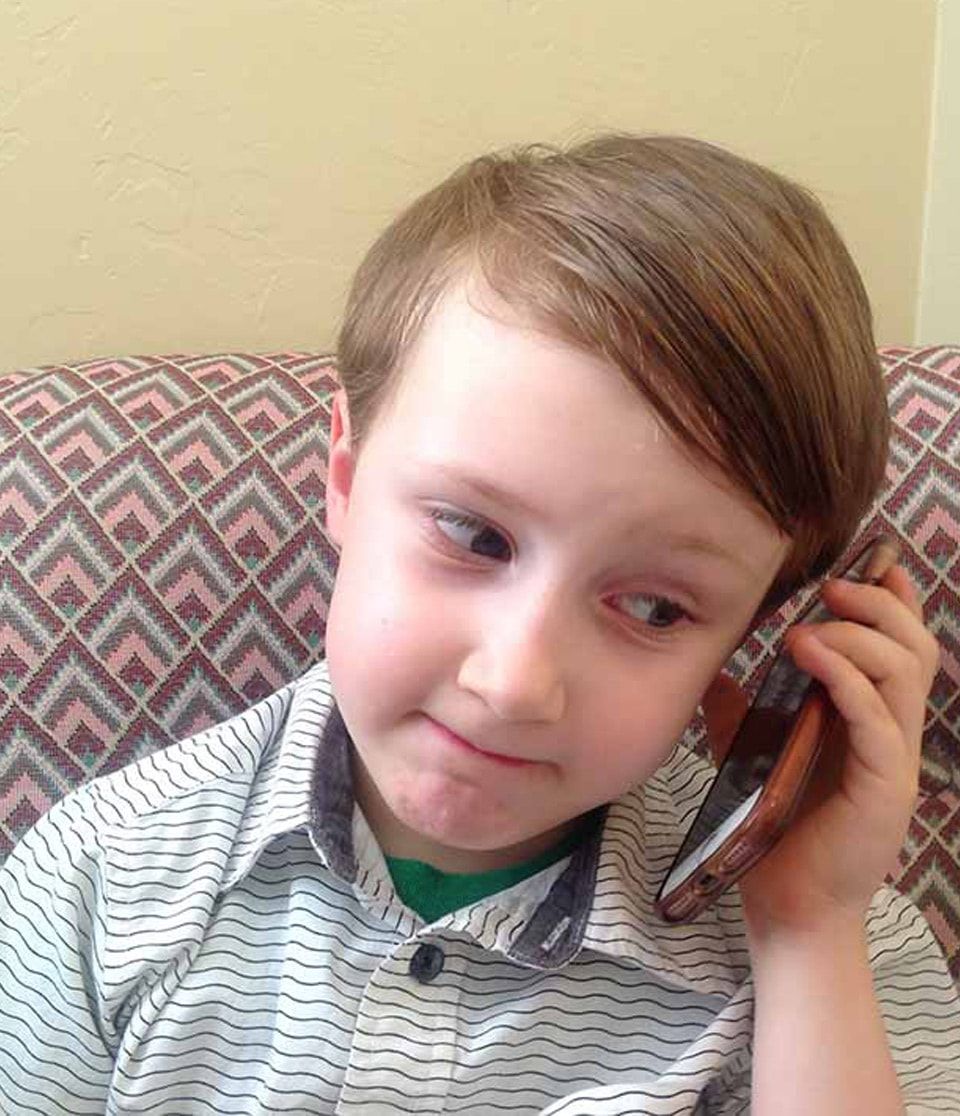
Photo by Amy Haskell
What's Something Everyone Should Know?
You’ve played all the games of Scrabble you can handle for the day. The garden is tired of being watered, and your television is steaming from the Netflix binge. What else can you do at home with your children, no matter their ages, that has nothing to do with checking in about their schoolwork/SAT preparation/tuba practice?
You’re in luck! The Gregory School faculty and administration have had fun creating a thoughtful list to answer the question, “What skill or piece of knowledge should every child have before they leave home?” The list is suitable for all of our students, and we hope these are helpful suggestions that your family will enjoy exploring together!
You’re in luck! The Gregory School faculty and administration have had fun creating a thoughtful list to answer the question, “What skill or piece of knowledge should every child have before they leave home?” The list is suitable for all of our students, and we hope these are helpful suggestions that your family will enjoy exploring together!

Photo by Julia Conroy

Photo by Kai Morfin

Photo by Lisa Bodden
What should everyone know?

Kathy Anders
Reception/Administration
How to ask for help.

Lori Barnett
English & Psychology
How to quickly, politely, and efficiently make service calls when something goes wrong in your home, your finances, or your life.

Amie Bergersen
Mathematics
Always get renters insurance, even if it isn't required. Imagine if all of your stuff is stolen or lost in a fire or flood - the $15 a month is worth it. Renters insurance is how we recovered after a major burglary, and I will forever sing its praise. Also - know how to scramble an egg well. Eggs are cheap, quick to cook, easy to access, good protein, and can be dressed up with other additions.

Michelle Borleske
College Counseling
My personal wish for kids is to know how to make a phone call when you need assistance: who to call, what to say, how to say it, and how to end the call.

Anna Cain
Arts
Nutrition: how to cook for yourself, how to select balanced ingredients, and how to work fresh fruits and vegetables into every meal!

Amy Clashman
French
It's important to know how to respond to someone else's loss. It's hard to know what to say, and sometimes a response is to not respond, or not bring up the difficult thing.

Julia Conroy
Arts
I think one of the most important skills a young person needs is to learn and practice is etiquette. From making eye contact, shaking a person’s hand, putting one’s phone away and even using the correct silverware, manners have been lost in our casual social environment. Etiquette includes writing a thank-you note or email to a host after an interview, dinner, or event; holding a door open for another, regardless of gender or age; keeping one’s voice down in public; dressing appropriately for an occasion; and being timely.

Angela Earnhart
Athletics and Physical Education
(Has a family member who) didn't know how to check his oil in his car (even though he said he did) and his engine ended up seizing and we had to donate the car! So, it would be great for the kids to know how to check their oil and how often! It would also be great for students to know how interest rates on credit cards work.

Virginia Encila
Arts
Everyone leaving home should know their Circle of Five: Five people with whom they are in agreement that they may call at any time of day or night. (At least three should be other than peers.)

Erika Gallo
Mathematics
1) Know when to ask for help and accept help offered. Very frequently, others may recognize a time when you need help. Sometimes we get so bogged down with the now that we can't recognize when we need a hand. If others offer a helping hand, don't get offended. Nobody goes out of their way to truly offer help if they are not being sincere about it. So if someone offers to help you, take them up on it. It will be painful in the short term, but you will be better off in the long run. Sometimes, we suffer in silence. If you are suffering, ask for help from that small circle of folks that will be there no matter what. Everybody has someone you can count on; sometimes, those people come from surprising places. 2) This one is trickier: learn when to wear the different hats. For example, you may, one day, be friends with your employees. Know when and how to wear the boss hat and the friendship hat. It's hard to separate the personal from the professional, but it's a skill that will preserve your friendships and will gain you respect from colleagues. Don't allow personal dust to clog the professional cogs. Remember that criticism about your performance is not personal, it's about doing a better job. If it gets personal, point that out to your friend, rise above it, and model professionalism.

Amy Haskell
Arts
My kiddo is a bit younger, but she is responsible for making lunch. She is gaining appreciation for what it takes to put food on the table. When she makes the food, I do the dishes. She loves that part.

Ashley Hazan
School Counselor
How to do laundry and being able to say “no.”

Lorie Heald
Arts & Garden
Make eye contact with the person you are talking with. In my 8th grade drama class, we went over how to do this in Zoom — ways you can show someone, even on Zoom, that you are really listening.

Nina Hernandez
Fifth Grade
Time Management— I think our students are learning that sometimes it feels like you have all the time in the world to complete an assignment and other times, it feels like you have no time at all. Why is that? Time management.

Allycyn Jacobs
English
I believe every adult (or kid about to leave home) should know how to scramble eggs. Sounds silly...but this has saved Logan (‘18) in college!

Bonnie Miller
Science
Basic cooking and basic time management.

Nicolle Newton
Social Sciences
In 8th grade Civics, we just learned how to appropriately call a prospective employer and ask about a posted job (pay, hours, benefits, how to apply, how to introduce yourself, and end the call politely)!

Helen Reynolds
Science
How to filter messages that come into your email inbox. How to make basic spaghetti sauce.

Alicia Saposnik
Administration
How to find a specific room number in a multi-story building. I used to work on the ground floor of a tall building on the UA campus. The number of students who stopped by my office wondering where they might find room 903, for example, was stunning.

Julie Sherrill
Head of School
If a parent is still doing your laundry, it's time to learn this new skill! Offer to focus on just one aspect of the laundry as you take on the responsibility— e.g., sheets and towels for the family first. From there, branch out into the art of separating clothing by color, fabric and care directions found on the labels! Be sure to learn how to set the appropriate water temperatures and cycles on the machine and when to add detergent and what type. This will serve you well as you head off to live independently and seek a good first impression with potential employers when you show up in clean, well cared for clothing! To this day, I remember to do things my mom and grandmother taught me when I was in middle school, and what's nice is it brings fond memories of them when I'm doing a chore that many think of as drudgery.

Tom Teegarden
Mathematics
Basic (or not so basic) cooking skills! Changing a flat tire!

Kelly Thompson
English & Athletics and Physical Education
I think it would be a good thing if everyone knew how to handle a spike in common stress through a simple deep breathing technique. When stress or frustration arises, like being caught in a slow line at a store, become aware of your breath. Go right to your breath and take your eye focus away from the source of agitation. Then extend your tummy area out and breath deeply into the open space with a smooth, strong inhale. Then slowly and quietly exhale fully. Repeat as needed.
100 Things to Teach Your Teen
101 Essential Life Skills for Teens
Adulting Classes